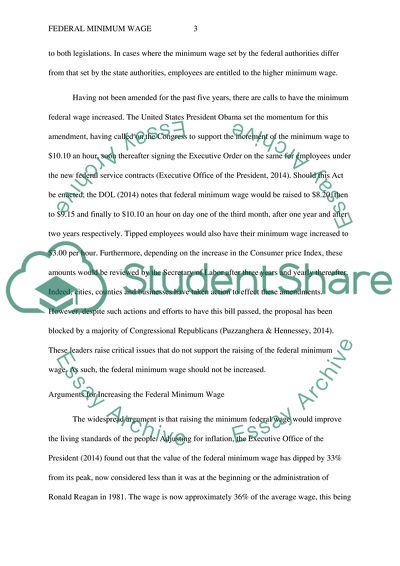Cite this document
(Should the Federal Minimum Wage Be Raised Assignment, n.d.)
Should the Federal Minimum Wage Be Raised Assignment. https://studentshare.org/sociology/1846855-should-the-federal-minimum-wage-be-raised
Should the Federal Minimum Wage Be Raised Assignment. https://studentshare.org/sociology/1846855-should-the-federal-minimum-wage-be-raised
(Should the Federal Minimum Wage Be Raised Assignment)
Should the Federal Minimum Wage Be Raised Assignment. https://studentshare.org/sociology/1846855-should-the-federal-minimum-wage-be-raised.
Should the Federal Minimum Wage Be Raised Assignment. https://studentshare.org/sociology/1846855-should-the-federal-minimum-wage-be-raised.
“Should the Federal Minimum Wage Be Raised Assignment”. https://studentshare.org/sociology/1846855-should-the-federal-minimum-wage-be-raised.


